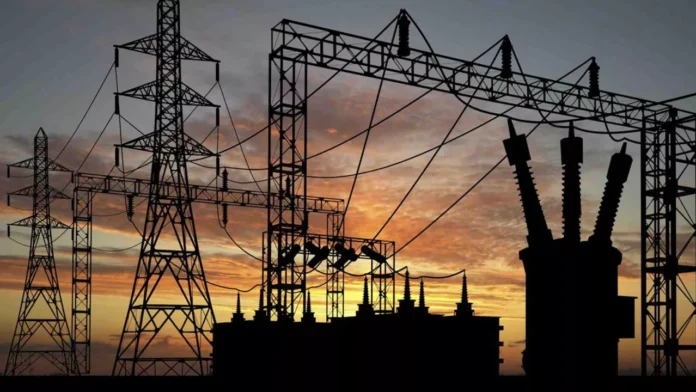Nigeria has reduced its electricity supply to the military-led Niger Republic, cutting power sales from 80 megawatts to 46 megawatts, representing a 42% drop in supply.
Niger’s Energy Minister, Haoua Amadou, confirmed the change, stating:
“Nigeria has resumed delivering electricity but only providing 46 megawatts instead of the usual 80 megawatts.”
She further explained that this reduction has caused Niger’s electricity production to fall by 30 to 50 percent, leading the national power utility, Nigelec, to implement power rationing across several regions, including the capital, Niamey.
“The measure has led the country’s electricity production to fall by 30 to 50 percent, and forced state-owned power company Nigelec to impose planned power cuts that can last several days, especially in Niamey,” Amadou said.
This follows Nigeria’s earlier suspension of electricity exports to Niger as part of sanctions imposed by ECOWAS after the July 2023 coup that ousted civilian President Mohamed Bazoum.
Despite the resumed supply, Nigeria itself is facing a power crisis, generating just above 5,000 megawatts — far below the estimated 30,000 megawatts needed to meet the demand of over 200 million citizens.
In the midst of this domestic energy shortage, power generation companies (GenCos) in Nigeria have raised concerns over unpaid debts exceeding ₦4 trillion. They have warned that their continued operations are unsustainable under current conditions.
In a statement signed by Col. Sani Bello (retd.), Chairman of the Board of Trustees of the Association of Power Generation Companies, GenCos highlighted the ongoing issue of inadequate payment for electricity generated and consumed on the national grid, which they said is threatening the continued operation of their plants.
“The Power Generation Companies (‘GenCos’) are constrained to issue this press release to draw the attention of the Federal Government and key stakeholders to the need to urgently address the issue of inadequate payment for electricity generated by them and consumed on the national grid, which is currently threatening the continued operation of their power generation plants,” the statement read.
They added that GenCos are receiving less than 30% of their monthly invoices, with some even receiving as little as 9% to 11% due to the “waterfall arrangement” that prioritises other service providers.
The GenCos further warned that the ongoing non-payment could lead to the collapse of Nigeria’s power sector.
In response to the situation, Minister of Power, Adebayo Adelabu, has pledged to intervene. His special adviser, Bolaji Tunji, said in an interview:
“The government is aware of the development and is making concrete steps to resolve the lingering issue.”
He added:
“As part of the steps taken by the government, the Ministry of Finance will take charge of the payment very soon.”

